
Women Better at Alzheimer’s Prevention
PREVENTION VIDEO + ARTICLE: Researchers found personally-tailored interventions led to greater improvements in women, compared to men, across Alzheimer’s and cardiovascular disease risk scales and

PREVENTION VIDEO + ARTICLE: Researchers found personally-tailored interventions led to greater improvements in women, compared to men, across Alzheimer’s and cardiovascular disease risk scales and
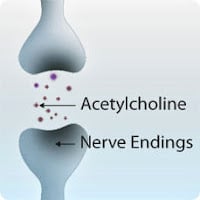
MEDICINES: Alzheimer’s drugs are classified as “Cognitive Enhancers”. Learn why they are NOT for mild memory problems. Find out why prescribing them for Mild Cognitive
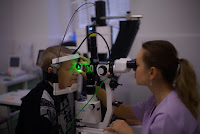
PREVENTION VIDEO + ARTICLE: Researchers find that for those who need it, cataract removal can mean lowering one’s risk of developing dementia by 30%. Learn

DIET VIDEO + ARTICLE: Harvard’s Dr. Rudolph Tanzi, world-renowned Alzheimer’s researcher, explores lowering risk. Topics include turmeric, vegetarianism, coconut oil and what he applies to

DIAGNOSIS TIP – VIDEO: Forgot the car keys, the day, or the name of that thing in your hand? Find out what’s normal aging and
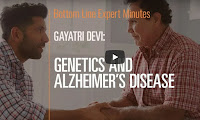
VIDEO: Dr. Gayatri Devi (Neurologist and author of The Spectrum of Hope: An Optimistic and New Approach to Alzheimer’s) explains the role of genetics in

CBS HEALTH VIDEO: Dr. Rudy Tanzi heads the world-famous Alzheimer’s Genome Project. See him describe science-based techniques to reduce Alzheimer’s risk and protect your brain.

PROTECTING YOUR MEMORY & COGNITION: Maintaining positive, warm and trusting friendships might be the key to a slower decline in memory and cognitive functioning, according

RESEARCH ARTICLE: Researchers find that niacin, used as FDA-approved Niaspan, reduces Alzheimer’s amyloid plaques and improves cognition. Learn more.

DIET VIDEO + ARTICLE: 18 diet studies showed the Mediterranean Diet improved cognition and fought Alzheimer’s around the world. No matter what your age, see

HOLIDAYS & DEMENTIA: Thanksgiving is a time of togetherness. People with Alzheimer’s need a special touch. See four dementia tips.

Leqembi is one of the first Alzheimer’s treatments proven to slow decline. A new MRI study helps explain what it can—and cannot—do in the brain’s early months, offering clearer expectations for caregivers.
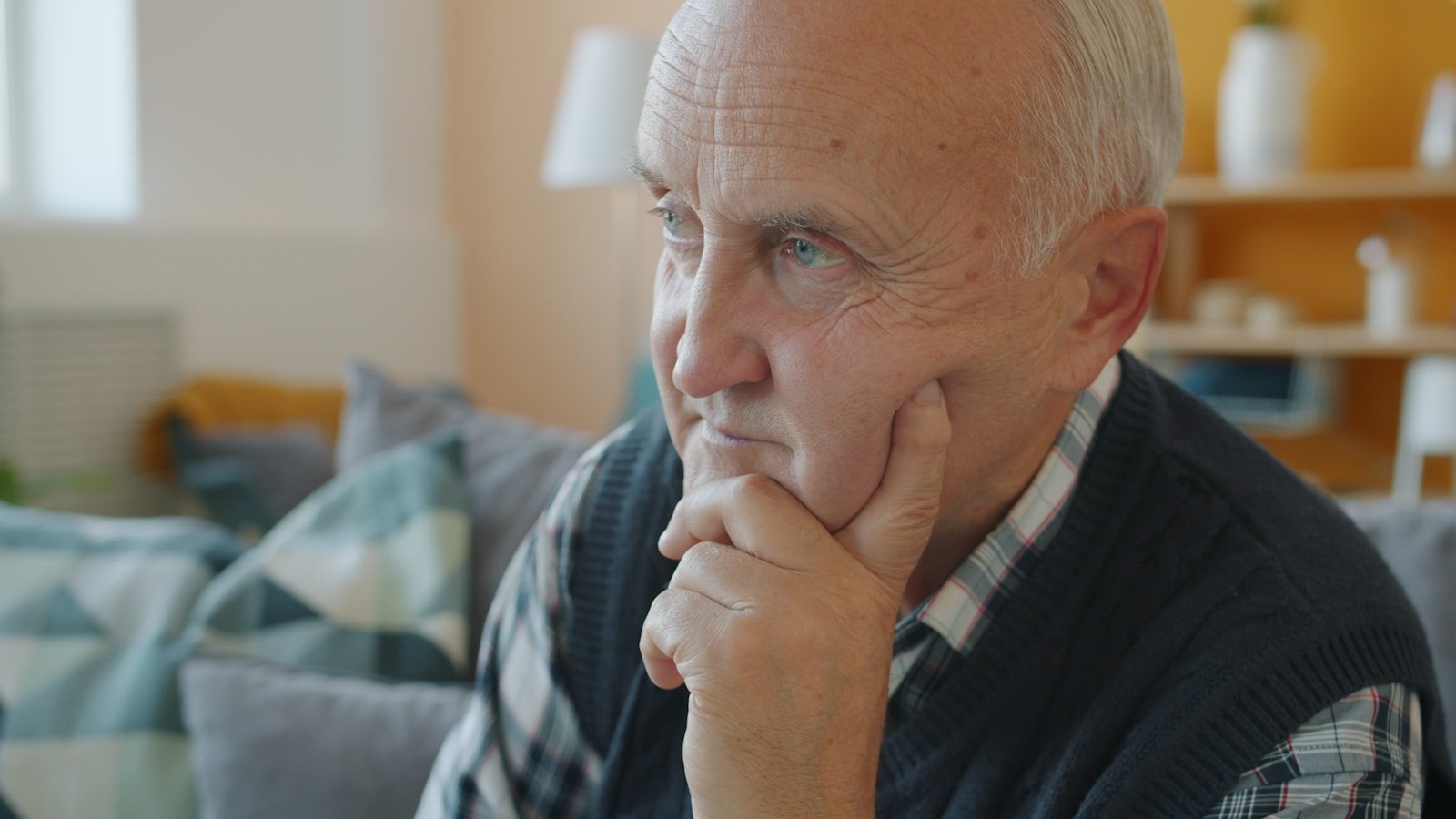
Although it is hard to think beyond “today” after a diagnosis of dementia, it’s really important to look ahead. Taking steps to plan for the future will make “tomorrow” smoother.

Hospital stays with dementia should focus on elder safety. See a special ER for seniors, equipped with brilliant features that speed comfort and care to this population.

Researchers found in a study that people who developed dementia were more likely to have their credit rating drop at least two and a half years before the diagnosis. Some had problems managing their money up to six years before. Find out more.

Researchers find that a diet including more fruit, vegetables, beans and tea or coffee lowers the risk of developing dementia later in life. Learn more.
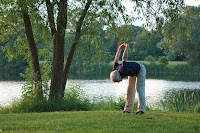
Did you know? Intellectual abilities are increased in the brain by an average 300% in most people ages 60-80.
No spam, only news and updates.


